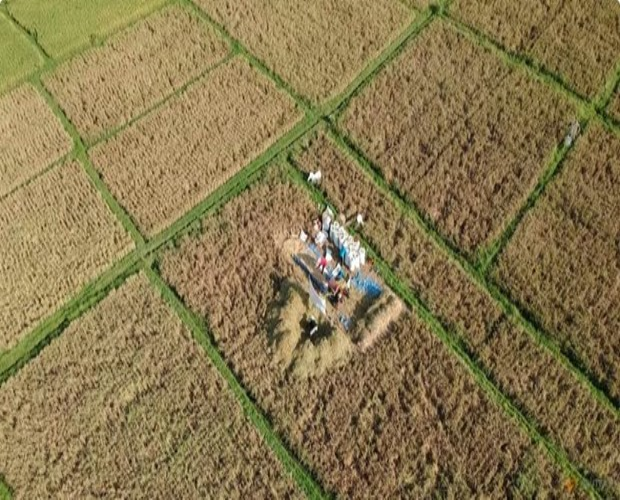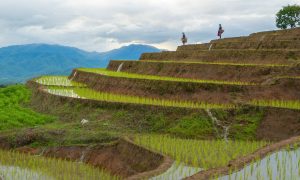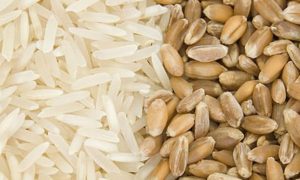Direct seeded rice cultivation shows big promise for small farmers

A large-scale study on the benefits and pitfalls of the direct seeded rice (DSR) technique to grow paddy revealed that over 47 per cent of small and marginal farmers got higher yields using the technique, compared to the average yield from the conventional puddling method.
The study was conducted by the Nudge Institute across three states, spread over nine districts and six agro-climatic zones. Around 325 farmers participated in the DSR method, and 161 farmers who participated in the traditional paddy cultivation were interviewed for the study.
The Bengaluru-based Nudge Institute works with civil societies in rural areas for sustainable economic development.
In DSR, rice seedlings are directly planted into the soil either manually or through machines. It, thus, does away with the need of first growing the plant in nurseries and then transplanting them into the fields (transplanted puddled rice) both of which need fully-watered conditions.
However, despite being in vogue for several years now, DSR hasn’t picked up in major paddy growing regions of India. A common concern among many farmers regarding rice cultivated through the DSR technique is that yields are sometimes lower compared to the traditional transplanting method. Also, crops grown this way are more susceptible to pests and insects, farmers say.
The study points out that paddy yields under the DSR method aren’t always lower than the traditional puddling method. Yields also depend on factors such as environment, soil, and adherence to the package of practices.
In favourable conditions, DSR yields may be higher than the puddling method, all else being equal, the study found.
Another finding of the study was that weed management posed the biggest challenge for farmers in adopting the DSR method. Nearly 89 per cent of farmers who experienced yield losses with DSR attributed them to weed growth in their fields.
It also found that almost 68 per cent of the farmers had shifted to DSR from the traditional form of paddy cultivation due to support from partner organisations. “Even in cases where the yield in DSR is lower than traditional methods, farmers wish to continue DSR because of lower labour requirements and overall cost savings,” the study found.















